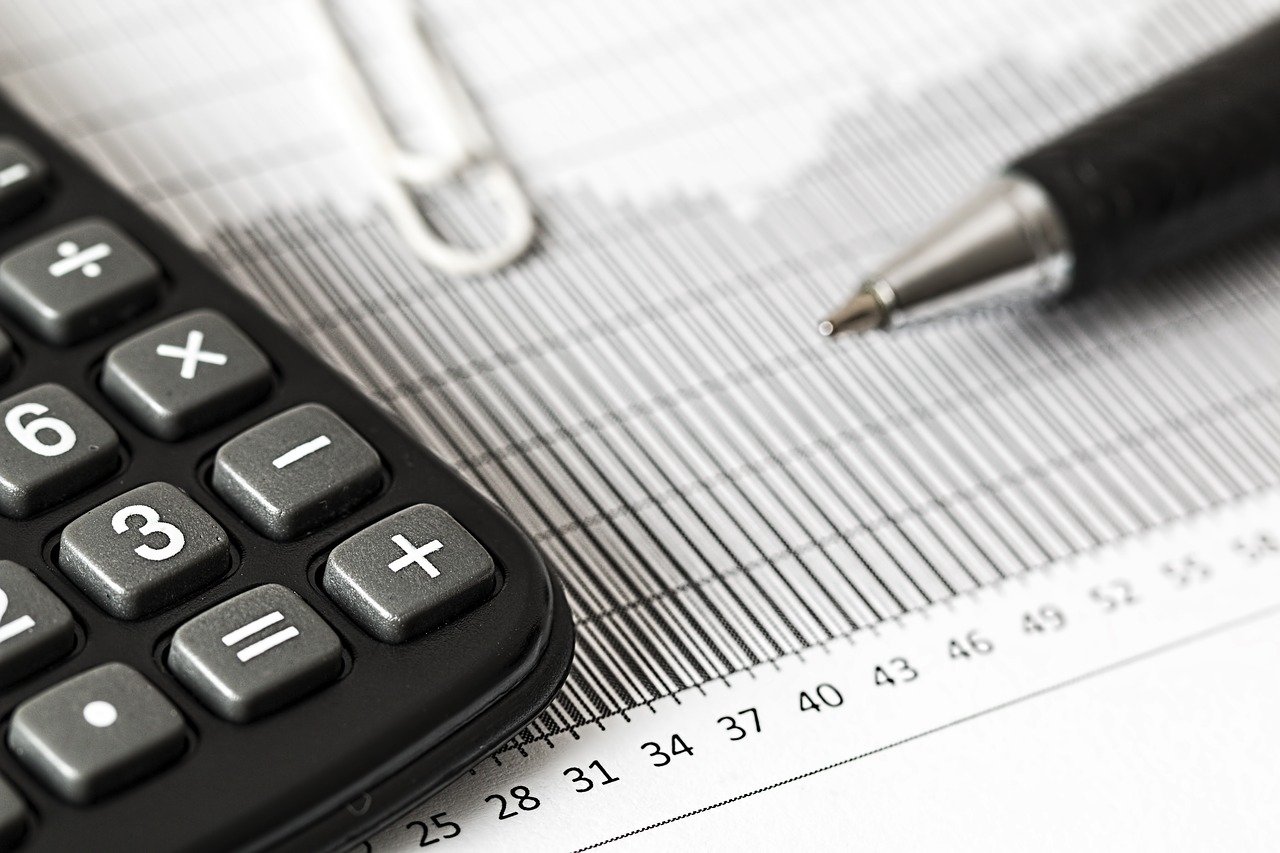Selling your Buy-to-Let Property? Understanding your New Capital Gains Tax (CGT) Liabilities

If you're a buy-to-let landlord, you may still have to pay Capital Gains Tax (CGT) if you make money from selling your residential property to another investor, landlord, or a private buyer– even if you sell to one of your tenants.
 CGT does not apply to the rent you collect - only to any profit made from a direct sale. You will not be charged any CGT if you make a net loss from selling your buy-to-let property on, either.
CGT does not apply to the rent you collect - only to any profit made from a direct sale. You will not be charged any CGT if you make a net loss from selling your buy-to-let property on, either.
CGT needs to be considered along with Stamp duty and income tax when considering property sales. It is also important to understand the difference between ‘property trading’ and Capital gains where property is bought for sale rather than intending to be held for rental and investment, as the two have widely different tax and reporting treatments.
In computing CGT, some costs can be deducted as allowable payments, however. You may still be liable for CGT even if you have a buy-to-let mortgage on your property outstanding, as CGT is levied on the profit you make. It is important to speak to us to understand what costs can be deducted, how much and when tax is due and what the reporting requirements are as gains on residential property now need to be reported within 30 days of sale.
What is Capital Gains Tax?
Capital Gains Tax is a one-off tax that applies to any accumulation of profit without direct work - namely, the sale of an asset. CGT applies to all high-value items worth more than £6000.00 (excluding cars) as well as tradable shares and business holdings. ISAs, certain bonds, and winnings from gambling are not assets and are not liable for CGT.
Although rented out to other people, your buy-to-let properties still count as owned financial assets that can increase and decrease in value. If you make a net profit relative to the price of the property when you first brought it to let, you'll be liable to pay CGT to HMRC.
This is done by filing a one-time tax return on paper or by using the government's online gateway. You must do this yourself - to combat corruption and fraud, a third-party (such as an accountant) cannot file a CGT return on your behalf. You must file in the event of a loss, as well, although you will not be charged anything.
The government awards an annual tax-free allowance of £12,300.00 on profit to all UK citizens that can be used to annul a wide range of tax liabilities. This is the Personal Tax Allowance. If you've got some of this spare, you can use it to cover all (or a portion) of the net profit you've made from selling on your rentable accommodation.
You do not need to file a return if the profit comes in under your Personal Tax Allowance limit. However, you should always keep all the sales paperwork on file for reference and audits. Please see GOV.UK for more information.
How does Capital Gains Tax Apply to my Buy-to-Let Sales?
You will be charged a flat rate of 28% if your taxable income is £50,001.00 or more per year and 18% (if under) on each buy-to-let sale made. Be aware - if any sale pushes your yearly income into the higher threshold, you will be charged the 28% rate.
Handling Tax Liabilities with David Howard
Do you need professional, effective, tech-savvy oversight of your accounts, outgoings, and liabilities? David Howard can help. Our sophisticated digital accounts software can manage and streamline your business. Contact us today to learn more about our cloud accounting services.
Image source: Pixabay
Posts by Topic
- Accounting Services (58)
- Tax Services (57)
- Tax (50)
- Smart Accounting Services (34)
- Tax Return (29)
- Corporation Tax (26)
- COVID-19 (24)
- sme accounting (24)
- Clients (19)
- Switching Accountants (16)
- VAT (15)
- Making Tax Digital (13)
- News (13)
- Xero (13)
- Dividend Tax (12)
- bookkeeping (12)
- Payroll (10)
- Cloud Software (9)
- Capital Gains Tax (6)
- Inheritance Tax (3)
- Savings (3)
- Benefits In Kind (Employee Benefits) (2)
- Case Studies (2)
- Stamp Duty (2)
- Trust (2)
- Trust Account (2)
- GDPR (1)
- Insider (1)
- Lifetime ISA (1)
- Retirement Savings (1)
- Wear & Tear Allowance (1)